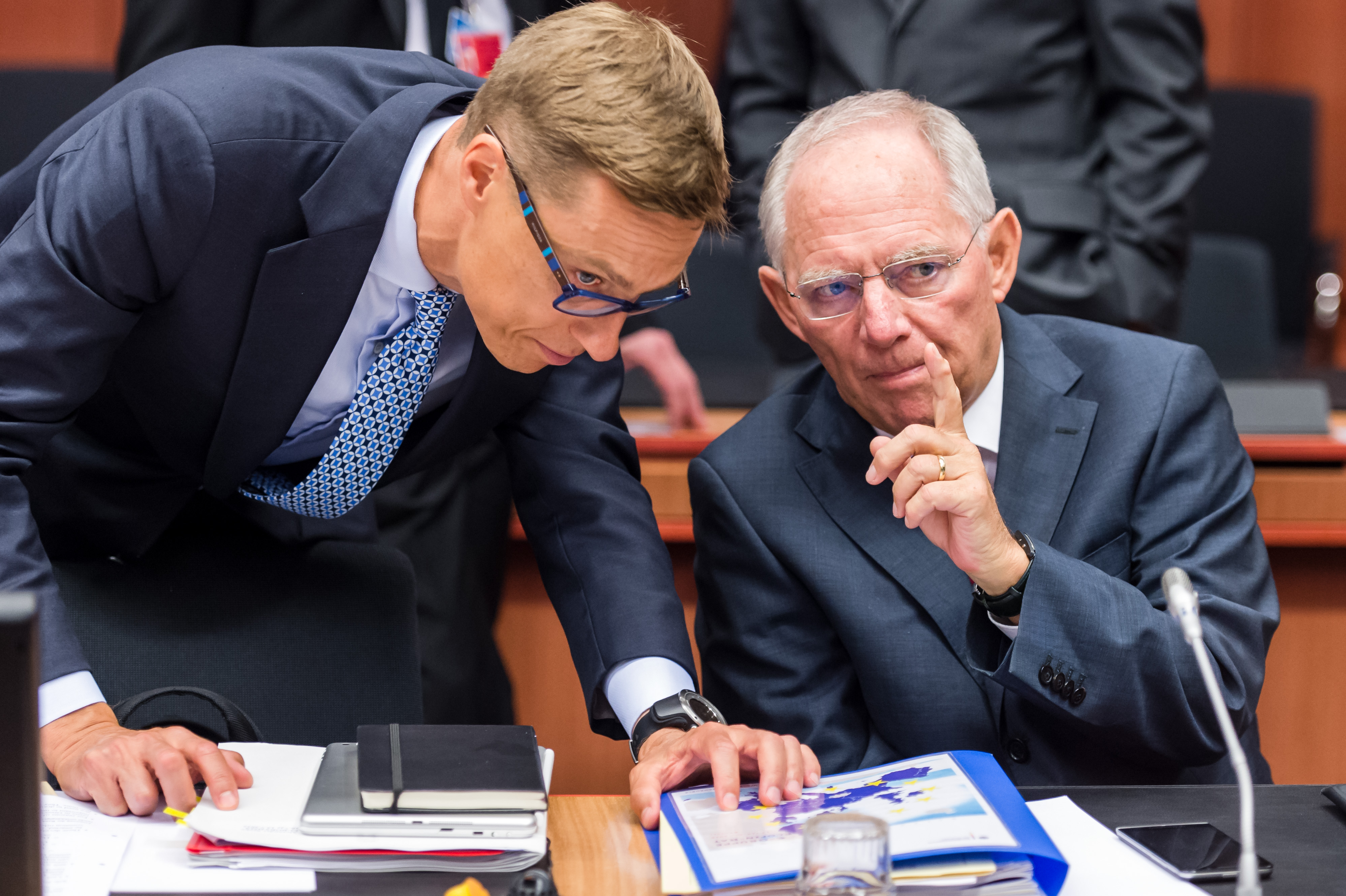Despite the enthusiastic non papers issued by the government regarding the third bailout agreement, the negotiations are far from over as the Eurogroup convenes on Friday and Germany expressing doubts and reservations.
On Monday evening Prime Minister Alexis Tsipras contacted German Chancellor Angela Merkel, French President Francois Hollande and European Commission head Jean-Claude Juncker. Media reports note that Mr. Tsipras was surprised to hear Mrs. Merkel adopt the stance of her Finance Minister Wolfgang Schäuble, insisting that there is not enough time for an agreement, while offering a bridge loan in stead.
The Greek PM is said to have responded that he will not accept any deviations from the agreement reached at the European Summit on the 12th of July and expressed his frustration on the matter to Mr. Hollande and Mr. Juncker, asking whether the German Chancellor’s intention is to torpedo the process. The French President reportedly told Mr. Tsipras that the agreement procedure must conclude before Friday’s Eurogroup. When Mr. Tsipras contacted Mrs. Merkel again on Tuesday, she maintained that she had not managed to study the agreement.
On Tuesday the Parliamentary State Secretary in the German Ministry of Finance Jens Spahn underlined in a series of interviews that the agreement must last three years and not three days, adding that a broad discussion is necessary to determine how Greece will secure the necessary budget funding.
Similar reservations where also expressed by the Finnish Finance Minister Alexander Stubb, who also insisted that the IMF must participate in the program. Curiously, the President of the Eurogroup Jeroen Dijsselbloem, who typically commented on any positive or negative developments in the negotiations has so far remained silent on the matter.
The EU’s Economic and Financial Committee (EFC) held a meeting on Tuesday and greenlit the agreement, however it did not discuss in detail how much of the funding would be paid out to Greece in the first tranche. The IMF’s Head Representative in Greece Delia Velculescu argued that the Fund is prepared to participate in the program, provided that Greece’s public debt is sustainable.



